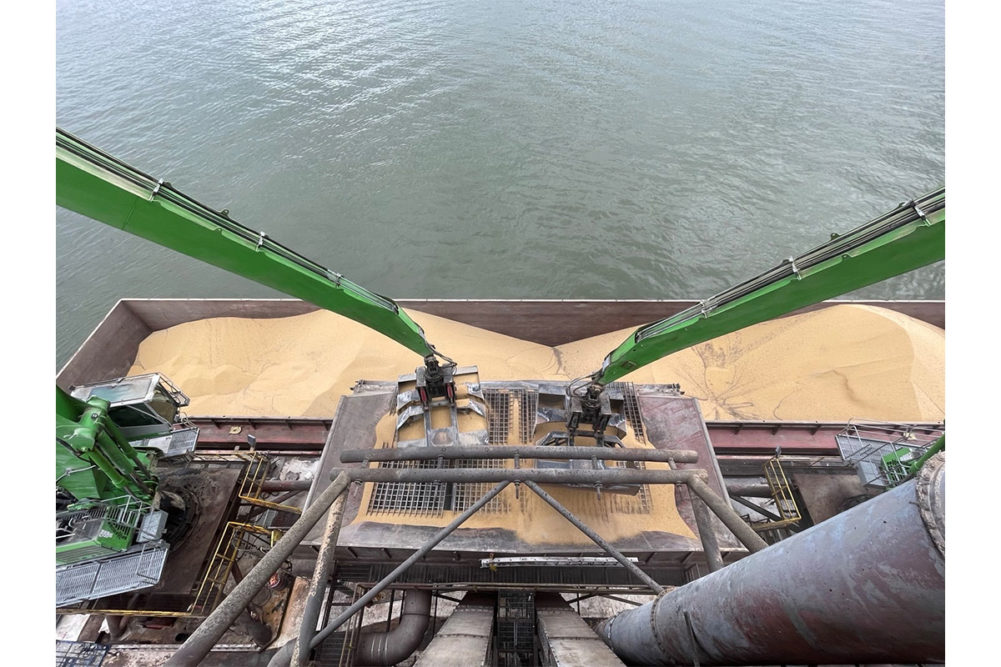With ADM’s first vessels of verified, traceable soybeans loaded and shipped from the United States to Europe, the company intends to expand this sustainability initiative to key North America locations for the 2024 growing season in anticipation of new European Union deforestation regulations taking effect at the end of the year.
“At ADM, our future and success depend on the farmers we work with and for, which is why we’re committed to helping support their businesses and their legacies by ensuring that global markets remain open to US agricultural products,” said Matt Hopkins, vice president, North America River and Export for ADM. “This program, along with our comprehensive plan to achieve 100% deforestation-free supply chains by 2025, demonstrate the value of ADM’s irreplaceable global footprint and our investments in climate-smart and regenerative agriculture.”
ADM’s traceable soybean program is an outgrowth of the Chicago-based company’s International Sustainability & Carbon Certification (ISCC) certified bean program. It utilizes cutting-edge technology, such as FBN’s Gradable digital platform, as well as ADM’s origination and transportation capabilities to verify, trace and segregate participating beans from farms to their final destination.
In the wake of the successful pilot, which delivered 2.4 million bus of fully traceable soybeans to European customers in 2023, ADM said it intends to broaden the program to additional North American locations this year, providing interested farmers an opportunity to continue to participate in current and new global markets that generate greater value and preference for their crops.
“While there are still issues — including how full compliance will be defined, measured and enforced — to work through in advance the EU’s deforestation regulations, we are confident in our ability to continue to deliver to customers in Europe,” said Jon Turney, vice president, EMEA Crush for ADM. “We will continue to work with stakeholders — including farmers, government and industry — across our supply chains in the US and other key regions in between now and the new regulations coming into effect on Dec. 31.”





